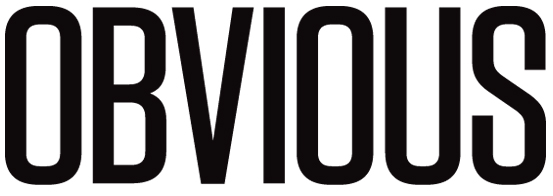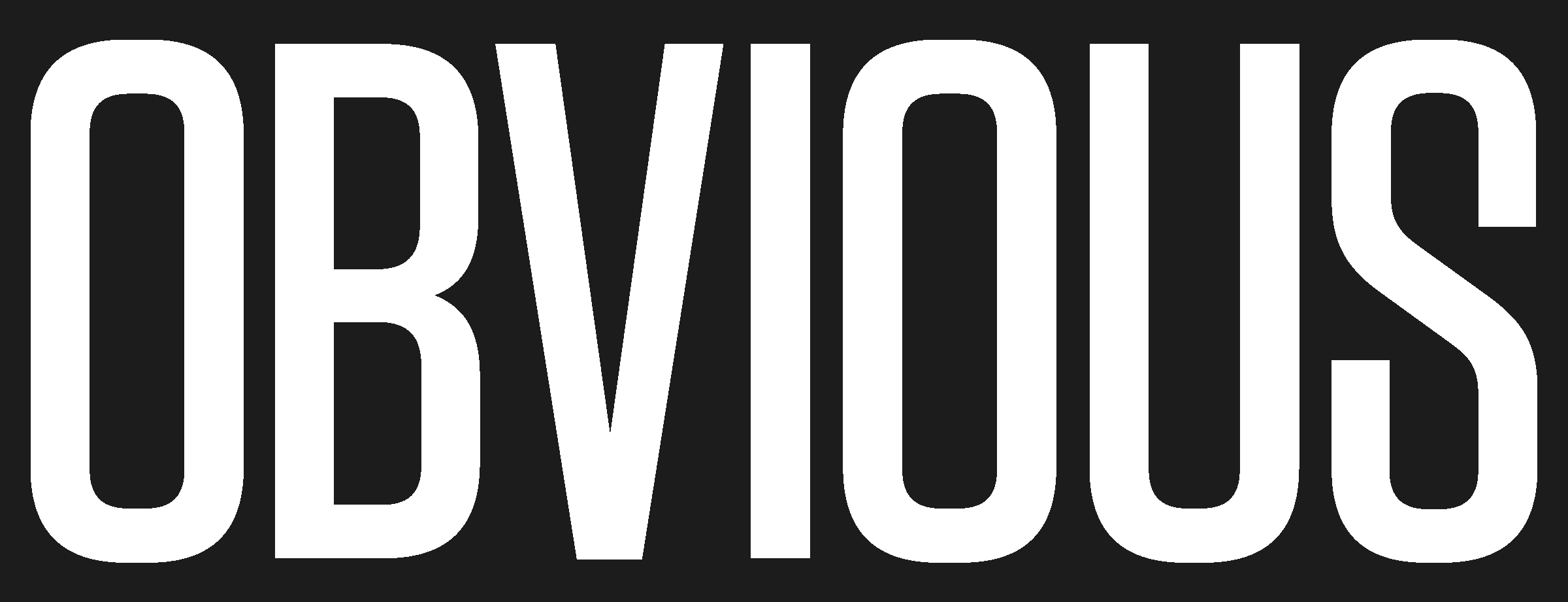Everyone is comfortable with expressing themselves by wearing their natural hair. What I’ve noticed is that culture is not necessarily taught in the states. There need to be more males supporting women who are willing to show their natural hair. – Wolfgang Lisborg
On a mission to reshape how people perceive the natural hair movement in the states, blogger, natural hair enthusiast, and photographer Wolfgang Lisborg spoke to Editor, Jen Prudhome about his experiences in Europe, natural hair movement in the states and empowering women of color.
Jen Prudhome: Tell me about your experiences.
Wolfgang Lisborg: Being that I’m not from here it was such a big culture shock coming from Denmark. When I first came to the [Unites States] I was able to say “I’m not the only Coco kid anymore.” The main thing that threw me off is that there was a sense of animosity, not hate, but animosity between cultures here. [In the States] everyone gave me this look and said “You’re from Europe? There are black people in Europe? You have curly hair.” It made me ask, what is being taught here in the States? If you tell me it’s being taught that it’s weird or uncommon for a Black person to be from Europe, something is missing.
Jen: Sounds like someone in your family has a strong affinity for musical composers.
Wolfgang: My [full] name is Wolfgang Stephan Amadeus Mozart Czar Lisborg, I have two other composer names. Having a European name is not common here, which is fine. But people would come back to me and say, “there’s no way that can be your real name” or “you must go by a creative alias.” My aunts told me a funny story saying your mom had you, and she had her champagne and gave the doctors that name, but only four can fit on my passport.
Jen: Do you have a favorite classical artist?
Wolfgang: To be honest, it’s Mozart. My mom had the three-disc set of Mozart and whenever I came home from school, she made sure that I played the music while I did my homework.

Jen: Well I must say it’s been a while since I last wore my locs but there was a time where we didn’t have as many natural hair care brands and subscription services as we do today; we didn’t have curlBOX. I remember when there were only three options on beauty shelves: hair oil, shea butter, and cream moisturizer. There are much more hair care options to support the movement today.
Why do you think there’s still a need for hair empowerment here in comparison to what you’ve experienced in Europe?
Wolfgang: Where my zeal stems from starts with my background, I am Danish, but I’m also Liberian. I’ve always been grounded in my heritage, yet my West African culture would stress to me “no matter where you go, no matter what you do, you must remember where you’re rooted from and remember your customs.”
Growing up around my mom and her siblings, which were predominantly women, one of which was a lead hair stylist at His & Her Hair Salon in Maryland, I remember sitting down as a teen, seeing her clients come in and leave with relaxed hair and I would question “is that what’s considered ‘good hair’ here?” And some of her clients would even comment and compliment my hair [grade]. It got to a point where I would ask why is there so much weight on a woman of color to express her own alluring natural qualities? Back at home in Denmark, Copenhagen there’s a lot of people from different places. Everyone is comfortable with expressing themselves by wearing their natural hair. What I’ve noticed is that culture is not necessarily taught in the states. Back home, we would always be taught about a mix of cultures in class; if someone were from Gabon, Libya, or Mali we would learn about it. So I would always be confused and wonder if there was an acceptance problem here.
Jen: It really seems like that experience was a turning point for you.
Wolfgang: One thing that we were taught in Europe was gender equality; if you decided to do what you do as an editor, you have the same equal opportunities as a male editor. Here there’s some type of scale for who gets opportunities over the next person. In the midst of that I noticed there are no natural dudes on these hair things. So that’s when I sat down in late 2002, seeing what type of men were getting exposure on hair blogs, and said “I’m of dark complexion, I have long hair, I’m from Europe, and my name is Wolfgang — I’m a living contradiction.” I don’t see any males seemingly willing to help empower woman of color to embrace their natural roots.
You as a woman you do what you do to express yourself through your appearance and we, as men should support it. But in the states there’s a stigma because you have to meet a certain bar and it’s not natural beauty, its materialistic beauty. There need to be more males supporting women who are willing to show their natural hair. ■
For more information about Wolfgang Lisborg and future webinars, visit his Instagram @westilllive. Photographer: Najiyyah Phipps (Instagram: @shotby.jia)

















NO COMMENT